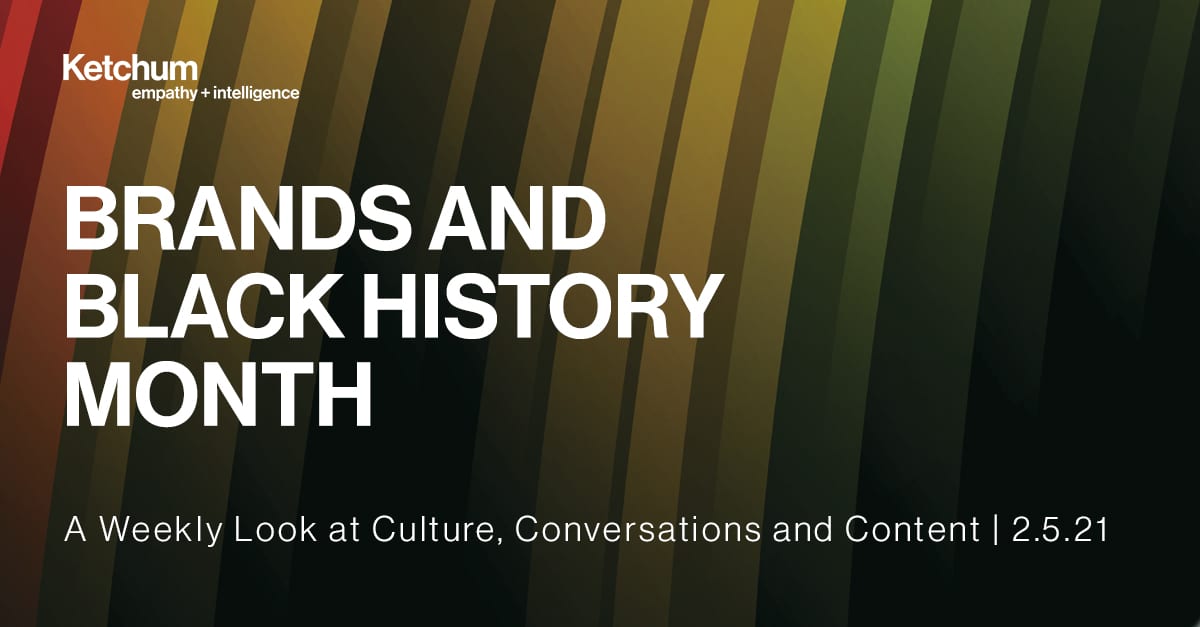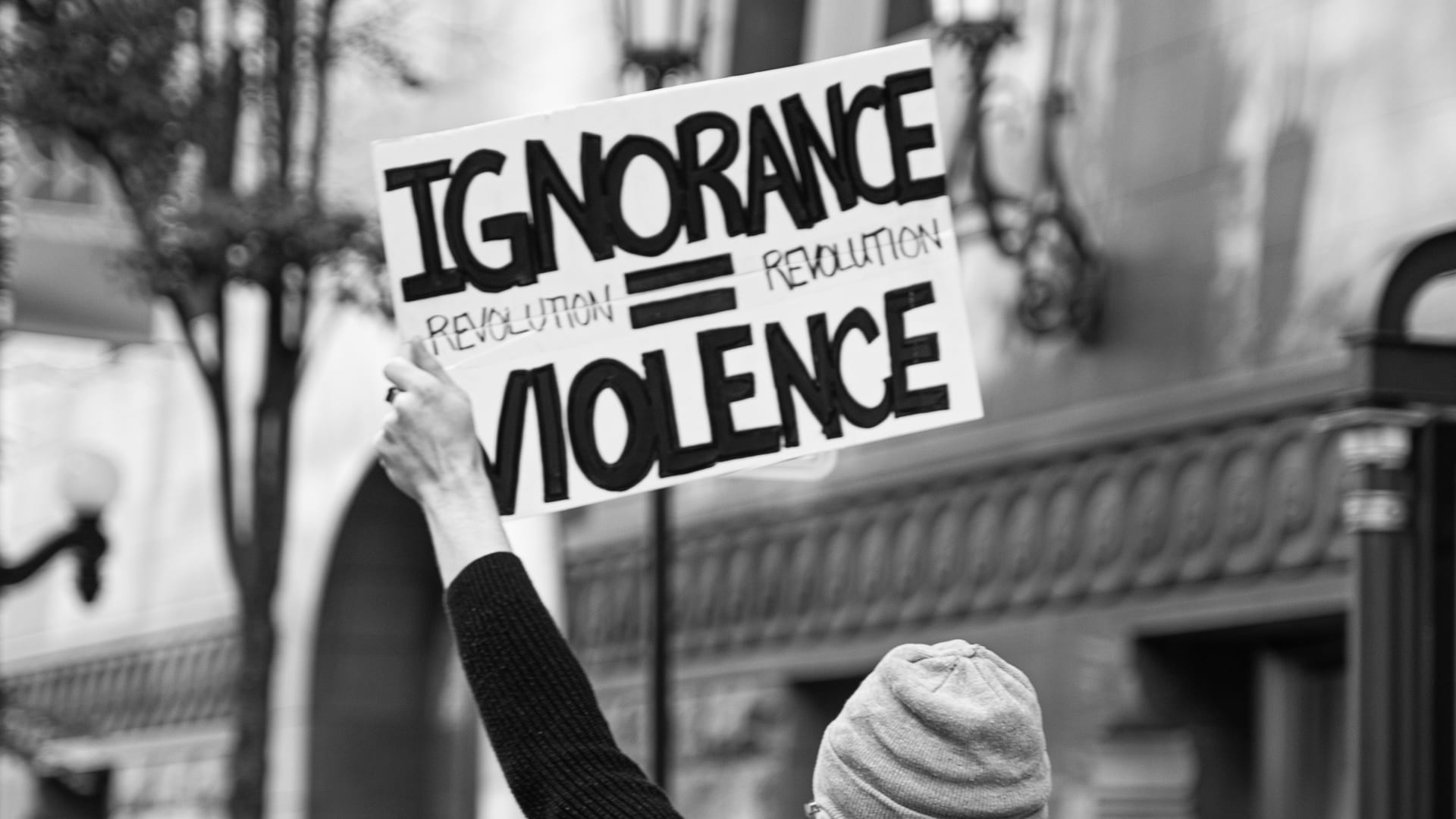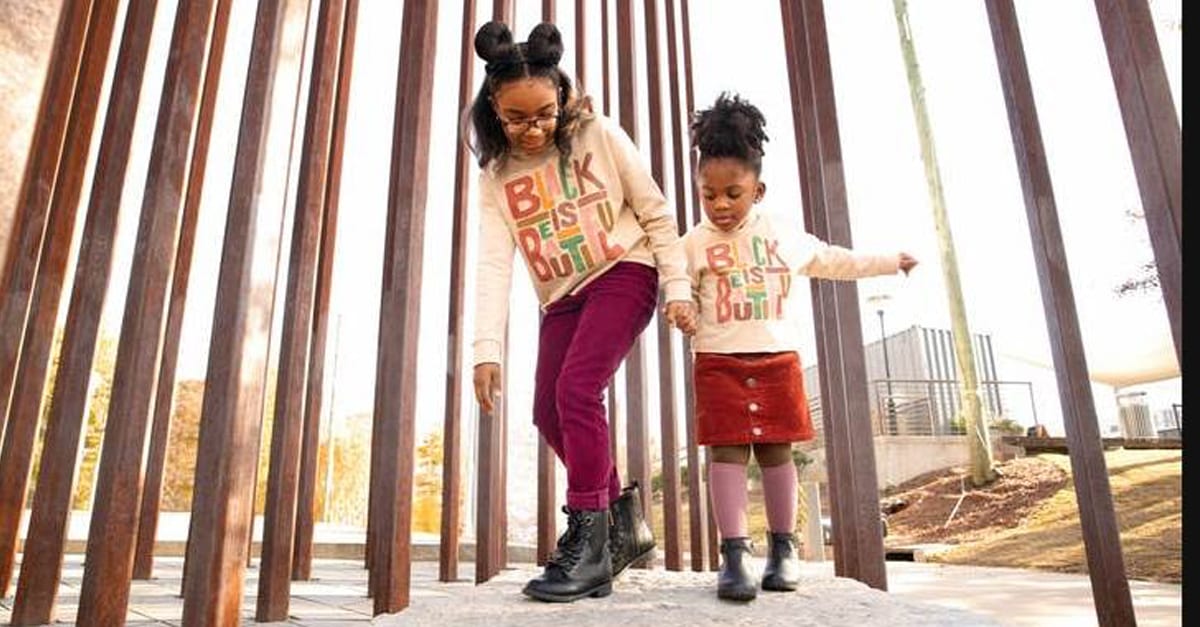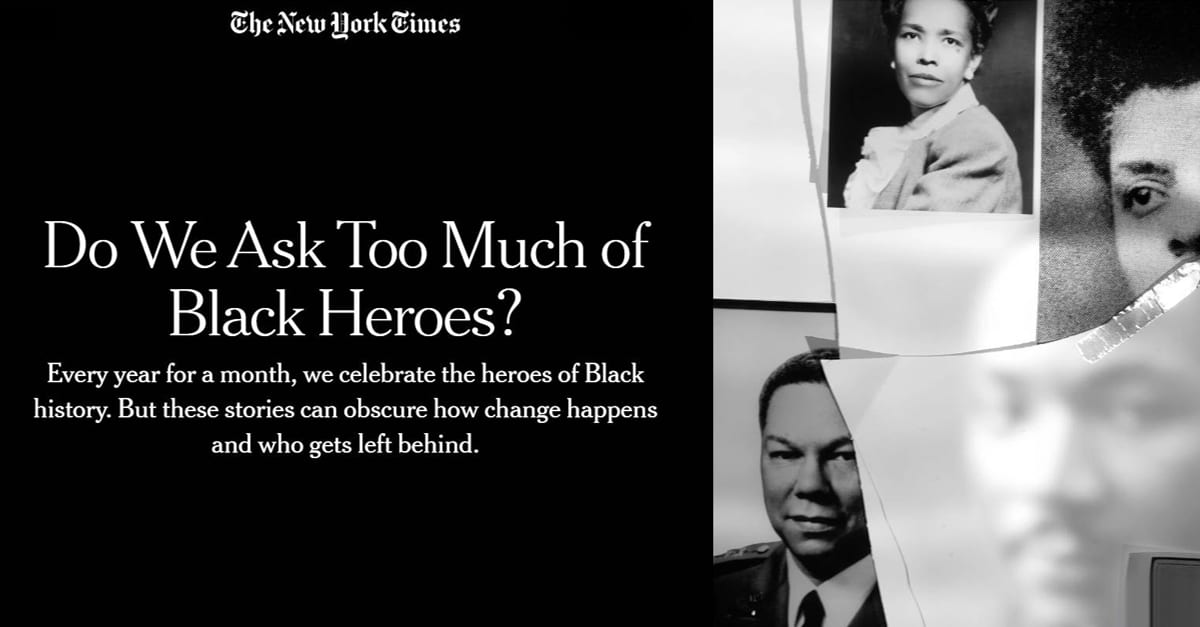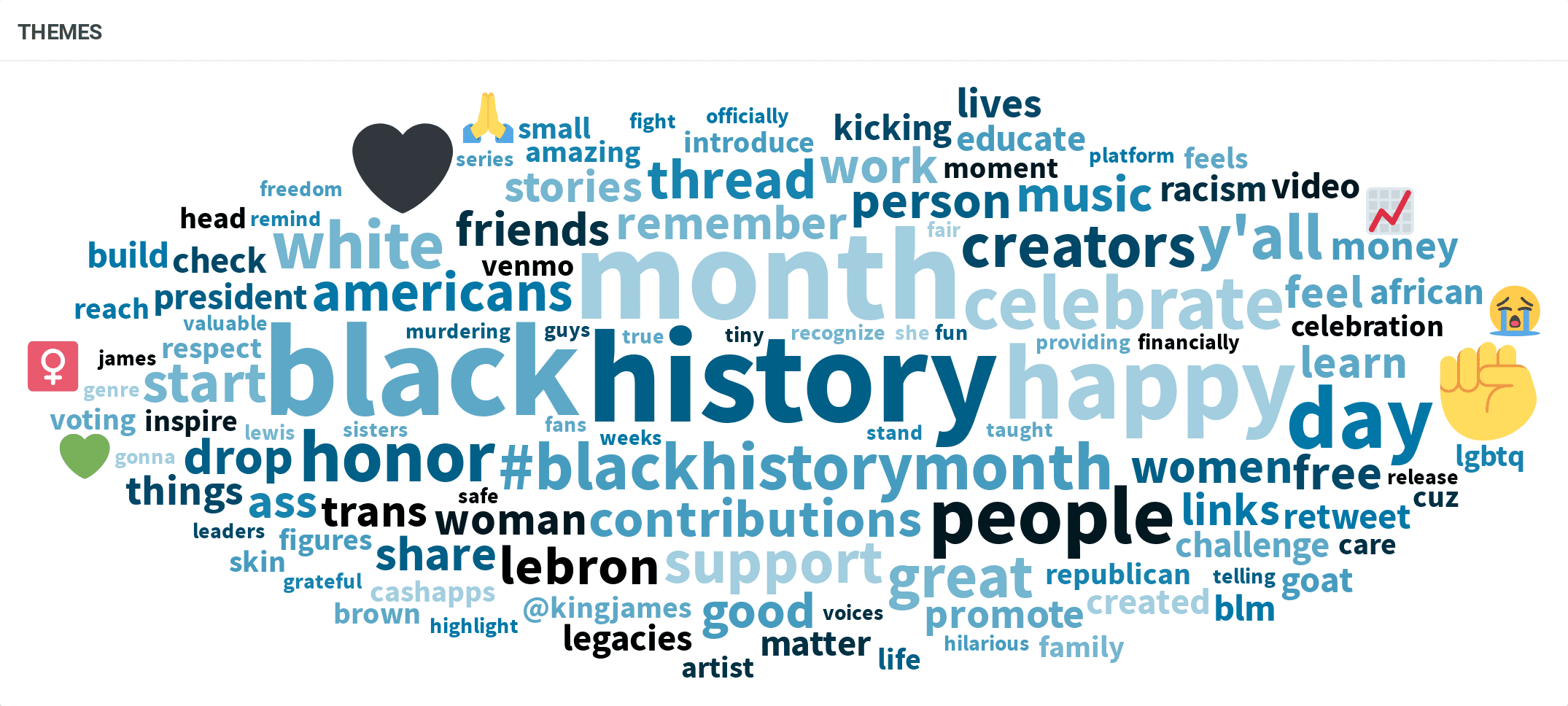(Photo credit: Tori Kwan)
This year’s month of reflection, education and celebration of the contributions of Black people and the impact Black culture has made on society has expanded to encompass all the ways we can listen, learn and engage meaningfully. It also acknowledges there is still more to be done and that strides in diversity, equity and inclusion should exist beyond this month and throughout the entire year. Many influential voices are using the month to speak out about the need for representation and less silence when injustice occurs, emphasizing that Black history is American history.
We’re seeing companies promote Black creators and provide support to Black-owned businesses in honor of Black History Month. This all comes on the heels of fresh policy shifts from a new administration intent on building a diverse staff and promoting racial equity. Focused on a call to make equity and justice a part of everyday decisions and actions, President Biden reaffirmed the federal government’s commitment to diversity, equity, inclusion and accessibility by rescinding the previous administration’s ban on diversity and sensitivity training, among other actions.
The strong undercurrent of Black History Month 2021 — 45 years since its founding and the first since the murder of George Floyd, Breonna Taylor and others at the hands of police — is a call to reflect on our country’s current racial reckoning and the role we all play in advancing racial equity. For companies, that means moving from messaging to true action around important topics.
Brands continue to be an integral part of progressing the promise of Black History Month, which stands as a celebration of Black culture. Consider how your messages offer actions and solutions. How is your brand continuing to deliver on this promise of celebrating and creating a more diverse, equitable and inclusive society? How will you continue to center Black people within your organizations, industry and beyond—not just during BHM, but throughout the year?
